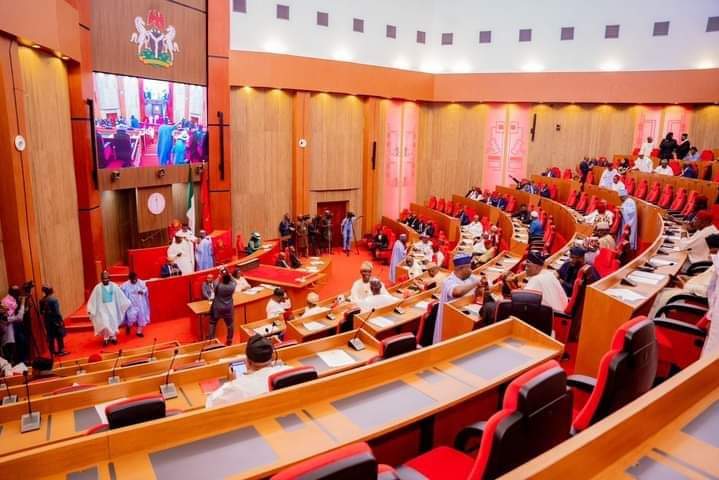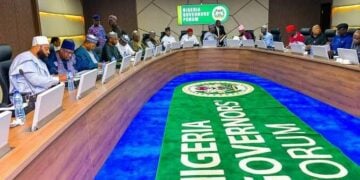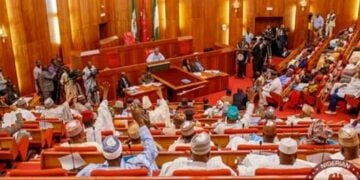Through its Committee on Petroleum (downstream), the Senate declared its readiness to tackle the persistent challenges confronting Nigeria’s downstream petroleum sector.
In a statement issued to journalists yesterday in Abuja, the Committee Chairman, Senator Kawu Sumaila (Kano South), explained that the move was part of the committee’s ongoing efforts to implement resolutions reached at its recent retreat, in line with its Strategic Action Work Plan.
According to Senator Sumaila, the committee will conduct a comprehensive investigative hearing to examine all sector issues and propose actionable solutions.
“The Senate Committee on Downstream Petroleum, pursuant to the resolutions of its recent retreat and in line with its Strategic Action Work Plan (Q4 2025–Q4 2026), hereby resolves to undertake a comprehensive investigative hearing on the current challenges in the downstream petroleum sector,” the statement read in part.
He said the hearing had become imperative due to several lingering concerns, including: “The operations of private refineries, government-owned refineries, and independent marketers;
“Ongoing disputes involving the Petroleum and Natural Gas Senior Staff Association of Nigeria (PENGASSAN), the National Union of Petroleum and Natural Gas Workers (NUPENG), and other labour stakeholders; and Allegations relating to crude oil supply obligations, regulatory overlaps, labour rights disputes, transparency, and competitiveness within the sector.”
Senator Sumaila added that the committee is committed to providing a fair, transparent, and inclusive platform where all stakeholders—including private refinery owners, government refineries, labour unions, regulators, civil society groups, and other interested parties—can present their positions, raise concerns, and make submissions.
“The outcome of this investigative hearing will guide the Senate in reshaping the roles of regulatory agencies in resolving industrial disputes, understanding the future of the Nigerian downstream sector under the Petroleum Industry Act (PIA), and addressing the concerns of independent petroleum marketers,” he stated.
He further noted that the initiative aims to address systemic bottlenecks in the downstream sector, strengthen legislative and oversight mechanisms, safeguard workers’ rights, promote industrial harmony, and enhance Nigeria’s energy security, transparency, and competitiveness.





